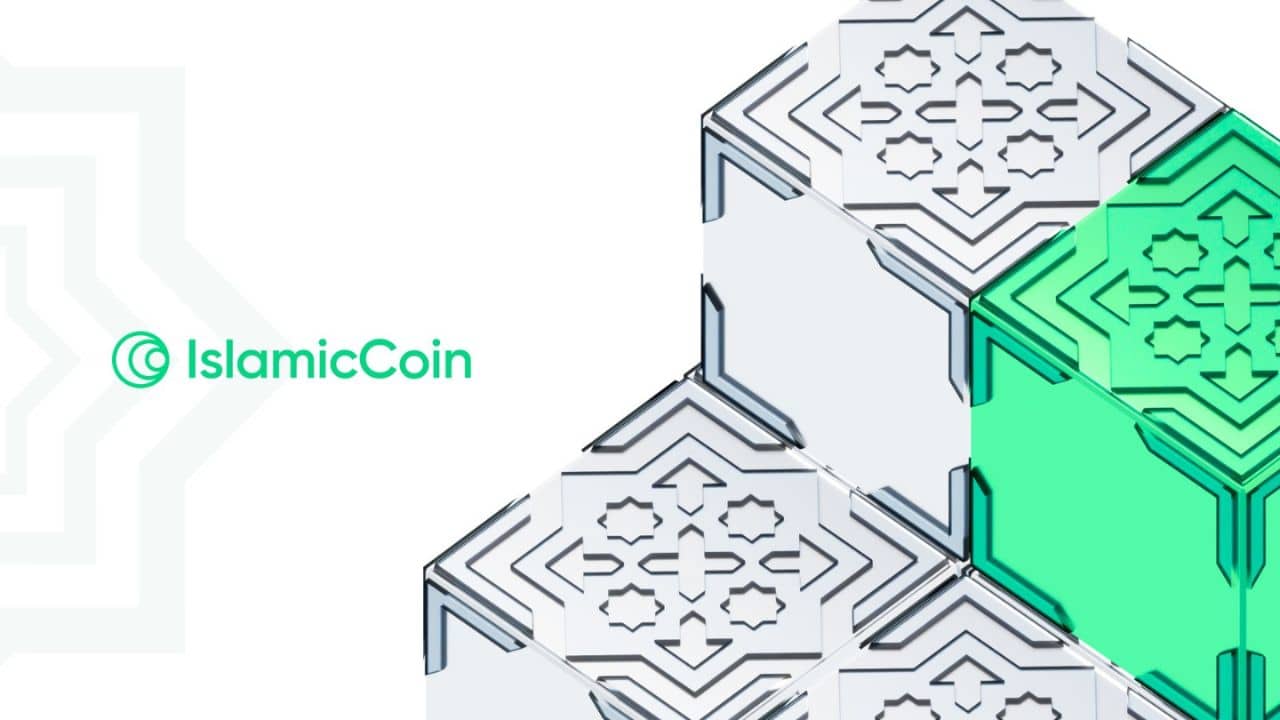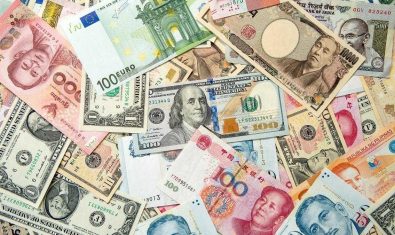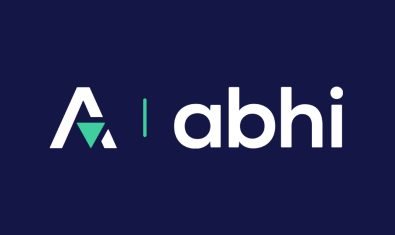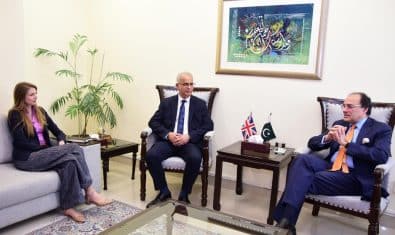The State Bank of Pakistan was among the first Asian banks to recognize the need for financial inclusion. From early attempts to establish a parallel Islamic banking system to adopting a national financial inclusion strategy in 2015, Pakistani authorities seemingly paid no heed to the country’s more than 100 million unbanked adults. Waiving commissions on mobile transactions, issuing licenses to digital banks, digitizing governmental welfare payments, and supporting fintech startups — the Central Bank’s actions have been truly impressive.
Enigmatically, they yield little to no effect. Despite all attempts, the World Bank’s Findex shows that the ratio of Pakistani adults with a formal bank account is stagnating at around 21% — not really different from 10.3% in 2011. What’s going on with Pakistan’s financial inclusion, how is it related to Islam, and why might a Shariah-compliant blockchain be the answer?
Pakistan in Numbers: What Prevents Financial Inclusion?
More than half of Pakistan’s population have no access to any financial services, 21% have formal bank accounts, and the remaining 24% depend on informal financial services like community savings and loan initiatives.
The situation is even more dismal in digital banking. Despite the country’s 194 million mobile users, only 37 million have a mobile wallet account, and only 19 million accounts are active.
According to Tabadlab’s research, the mutual distrust between the population and the conventional financial system is responsible. 37% of adults live below the poverty line, and with a widespread lack of documentation, the banks are unwilling to onboard people. Customers are suspicious of untransparent practices, don’t want to travel to brick-and-mortar offices, and are wary of the unstable inflationary environment of the rupee.
There is a mismatch between the problem and the proposed solutions. Most companies address a privileged audience — urban people with a mobile bank account rather than the disenfranchised majority.
A Ready Solution: HAQQ Blockchain
So, how can these disenfranchised people escape the vicious circle of ever-exacerbating financial exclusion? One might look at a case study from El Salvador, a country that bolstered its financial participation rate by making Bitcoin legal tender.
Similar results may be accomplished by private initiatives. Pakistan’s 96% Muslim population can leverage the HAQQ blockchain, which is the first ethical L1 blockchain that aims to create a Shariah-compliant and transparent financial ecosystem.
Exploring HAQQ
HAQQ is an application-specific blockchain built on the Cosmos SDK. At the heart of HAQQ lies the Tendermint Core Consensus Mechanism — a Proof-of-Stake Byzantine Fault Tolerance protocol, and one of the industry’s fastest transaction finalization algorithms. Tendermint Core offers industry-leading security proven by the trust of Binance and Polygon.
Among the many features of Cosmos are easy scalability, low transaction costs, and operational streamlining, making HAQQ convenient for developers and clients and increasing the throughput.
Seamless Interoperability
HAQQ is compatible with EVM-native software, allowing the deployment of any smart contract written for Ethereum or any other EVM-compatible network without changing a single line of code. Users are also able to communicate with Ethereum-native infrastructure like Metamask. This pairing allows users to benefit from the existing base code while remaining committed to Shariah.
Cosmos SDK also supports the Inter-Blockchain Communication Protocol (IBC). IBC allows HAQQ and its native Islamic Coin token to achieve permissionless cross-chain communication with other participants of the Cosmos ecosystem. This allows for seamless token and metadata transfers, and decreases the exposure to blockchain bridges which are historically susceptible to cyber attacks.
Shariah Oracle: Compliance and Security
While the design nuances of HAQQ make it extremely convenient for secular use, the actual value of HAQQ for Muslim countries lies in its Shariah Oracle — a feature to be implemented in Q3 2023.
Shariah Oracle will keep a whitelist of smart contracts native to HAQQ or imported from Ethereum and rank them according to different levels of approval based on technical security and religious compliance.
The Oracle will alert users if a contract fails to satisfy the preferred criteria, decreasing the possibility of fraud or Haram transactions.
To get whitelisted in the HAQQ wallet marketplace and receive a soul-bound token, a proposal must be submitted by an ISLM staker and have HAQQ community approval. If required, such projects can go further to receive approval from the Shariah board.
As a digital supplement for Halal Certificates, it prevents fraudulent activity and ensures users comply with Shariah law. Notably, losing or not obtaining a Halal Certificate will not prevent a dApp from operating.
Haqq: Ethics and Technology for Better Financial Inclusion
Rapidly advancing technological and financial progress often tends to overlook those left behind. Still, the key to a fair and sustainable digital future lies in inclusion, transparency, and user convenience. Initiatives like HAQQ and Islamic Coin bolster marginalized communities like Pakistani Muslims, offering them a powerful tool for better financial inclusion.
Developing a socially conscious ethics-first blockchain requires blending technology with tradition. HAQQ is changing how fintech is perceived, finally shifting builder focus to those who really need it.






















